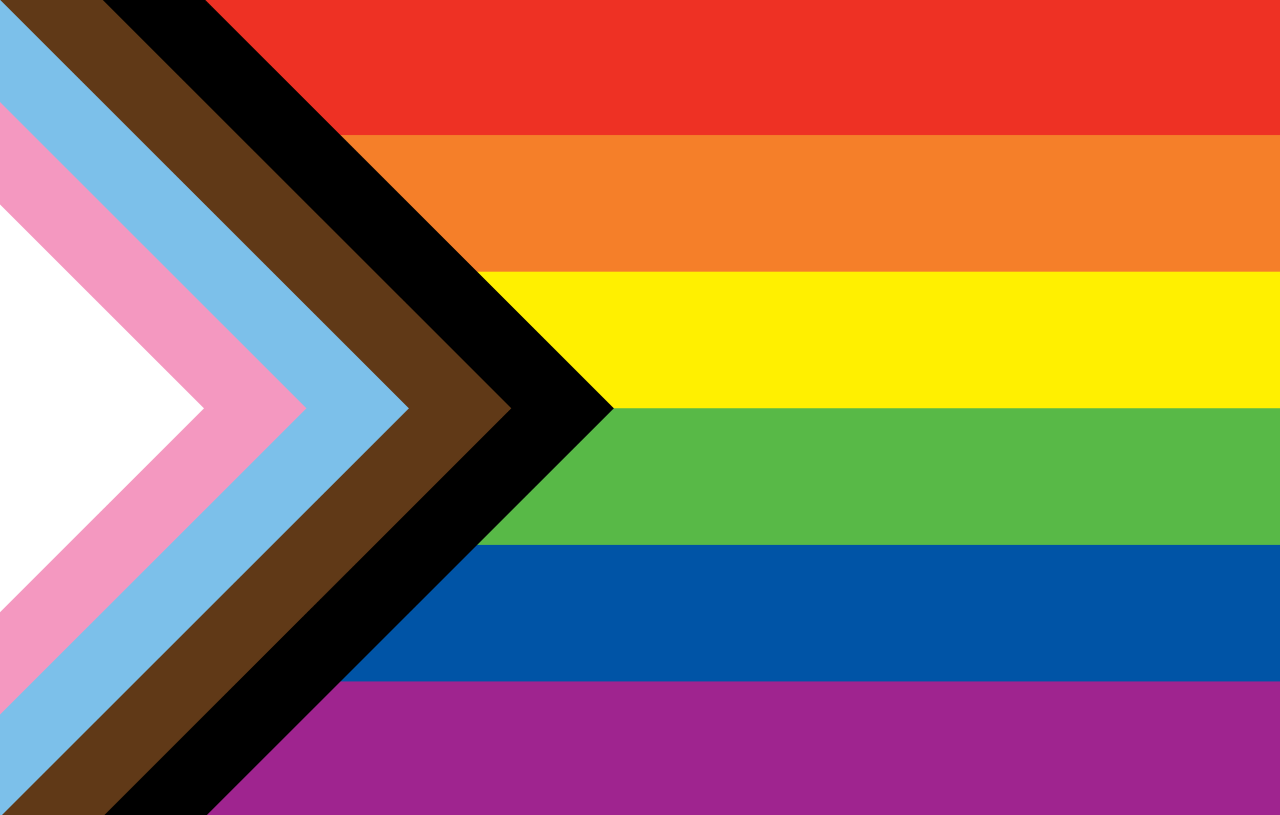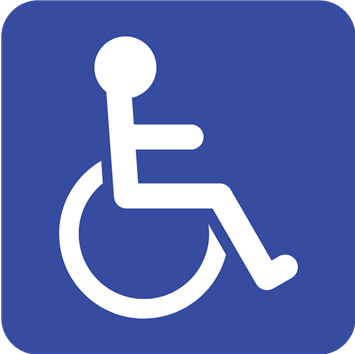On this National Day for Truth and Reconciliation, ORCC stands in solidarity with Indigenous* Peoples, reflecting on the deeply embedded colonial foundations of today’s society. We acknowledge the ongoing fight for justice, equity and healing, while we honour the strength of survivors and their families.
The legacy of residential schools cannot be separated from the systemic discrimination that persists today within law enforcement and the broader justice system. The predecessor to the RCMP, the North-West Mounted Police (NWMP) was established to enforce colonial policies aimed at controlling Indigenous populations (Bell & Schreiner, 2018; CCA, 2019). One such policy was forcibly removing Indigenous children from their homes and placing them in residential schools (LeBeuf, 2011). Today, this harmful legacy continues as police forces not only facilitate but also perpetrate violence against Indigenous peoples with impunity (Human Rights Watch, 2013, McGuire-Jaad Gudgihljiwah, 2024), contributing to the mass overincarceration of Indigenous peoples (Robinson et al., 2023). These ongoing colonial realities leaves few options for Indigenous people to seek justice or safety.
As we reflect on these systemic harms, it is crucial to look beyond surface-level explanations, or viewing these incidents as isolated acts of violence. We must confront the deeper, structural roots of inequality that underpin them.
The need for reform has never been more urgent. Just weeks before this National Day for Truth and Reconciliation, six Indigenous lives were needlessly lost the hands of law enforcement (Roberts, 2024):
- Steven Dedam, 33, Elsipogtog First Nation
- Jack Piché, 31, Clearwater Dené Nation
- Hoss Lightning-Saddleback, 15, Samson Cree Nation
- Tammy Bateman, in her 30s, Roseau River First Nation
- Jason West, 57, Sixties Scoop survivor
- Daniel Knife, Ahtahkakoop Cree Nation
These deaths are not isolated incidents, but are part of a broader pattern of over-policing and disproportionately high levels of violence committed by police against Indigenous peoples. Though Indigenous individuals make up only 5% of Canada’s population, they account for 32% of all incarcerated individuals, with Indigenous women representing 50% of all federally incarcerated women (Smith, 2023).An analysis in 2017 by CTV News found that Indigenous people are over 10 times more likely to be shot and killed by police than a White person (Morin, 2021). McGuire-Jaad Gudgihljiwah, 2024) notes, “It is difficult- especially in moments like these- to ignore claims that genocide in Canada is ongoing, despite our supposed era of reconciliation. The state continues to apprehend, incarcerate, confine, abuse and kill Indigenous peoples.”
Mi’kmaw lawyer, author and activist Pam Palmater emphasizes the need for systemic change, stating, “[t]he only way we are ever going to stop RCMP racism and brutality against Indigenous peoples is to declassify, deconstruct and defund the institution itself” (Palmater, 2020).
Real reconciliation requires confronting these deep-rooted injustices head-on. Canada must ensure that Indigenous Peoples are treated equitably, their sovereignty respected, and the harms of both past and present fully addressed. Only then can we begin to decolonize and build a future where justice is truly accessible for all.
ORCC remains committed to this vision of justice and will continue to stand alongside Indigenous communities in the pursuit of truth, equity, and reconciliation.
*ORCC uses the term “Indigenous” to encompasses “First Nations, Inuit, and Métis people, regardless of residency and regardless of relationship to the Crown.” (Urban Path to Reclaiming Power and Place, Regardless of Residency—Missing and Murdered Indigenous Women, Girls, and 2SLGBTQQIA+ National Action Plan)
Taking Action: Support and Resources for Indigenous Reconciliation and Healing
- Make a donation to an organization that supports residential school Survivors, like the Indian Residential School Survivors Society, Minwaashin Lodge, or Tungasuvvingat Inuit.
- Register for the free Indigenous Canada course through the University of Alberta. Better yet, encourage your friends and family members to sign up, so you can learn alongside each other.
- Take the time to read the 94 Calls to Action made by the Truth and Reconciliation Commission. Write a letter to your local MP to express your support for implementing them.
Supports for Residential School Survivors
- National Indian Residential School Crisis Line | 24/7 | 1.866.925.4419
Nation-wide emotional support and crisis referral services for former students and those who have been affected - Minwaashin Lodge | 613-741-5590 | https://www.minlodge.com
An Indigenous Women’s Support Centre providing a range of programs and services to First Nations, Inuit and Métis women and children (regardless of status) who are survivors of domestic and other forms of violence, and who may also be suffering the effects of the residential school system. - Talk4Healing Talk, Text & Chat | 24/7 | 1.855.554.HEAL | talk4healing.com
Ontario-based help, support, and resources for Indigenous women, by Indigenous women, in 14 Indigenous languages - Tungasuvvingat Inuit | 613-565-5885 | https://tiontario.ca
An Inuit-specific registered not-for-profit Ontario service provider offering social support, cultural activities, employment and education assistance, youth programs, counselling, crisis intervention, and more. - Hope for Wellness Help Line | 24/7 | 1.855.242.3310 | hopeforwellness.ca
Nation-wide counselling and crisis intervention for Indigenous Peoples in English, French, Cree, Ojibway, and Inuktitut

